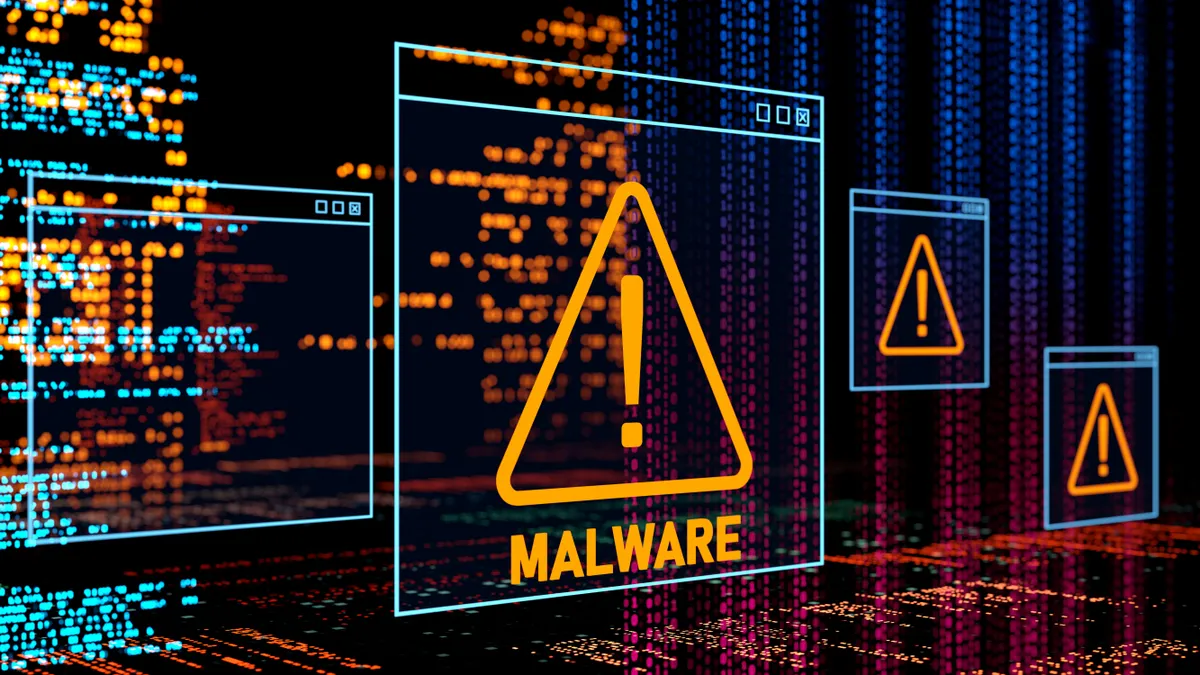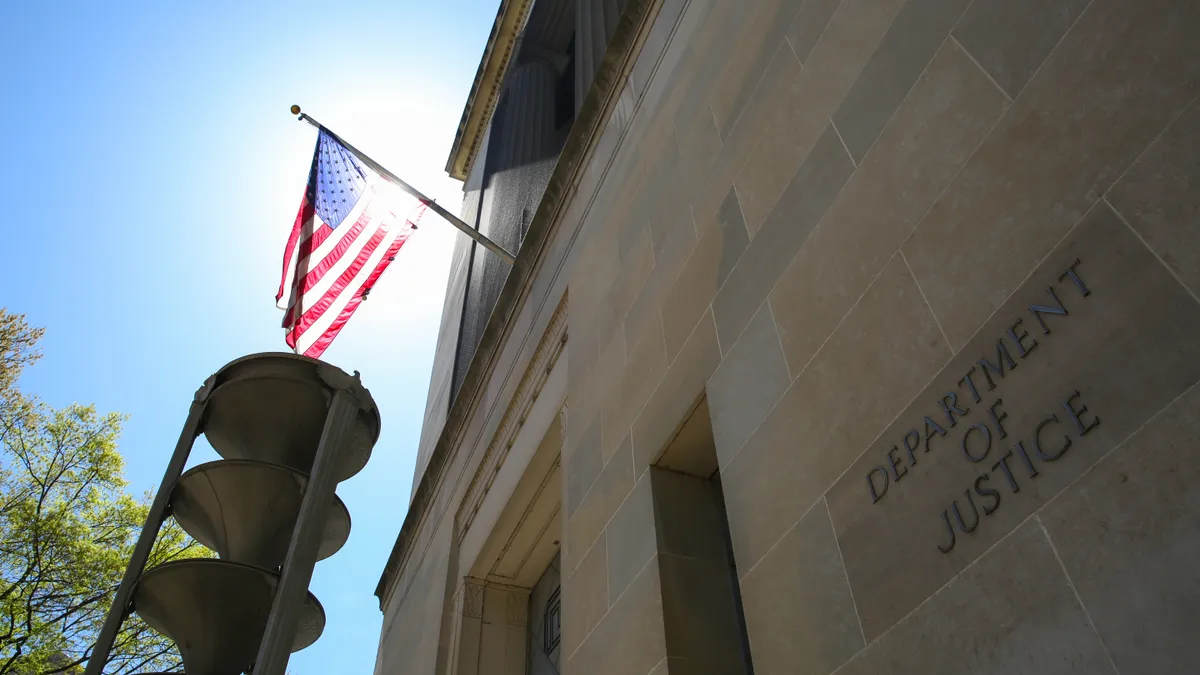Membership cards, credit cards, transit cards, security badges and various identification for other products and services make our wallets increasingly fatter. But Chicago is joining a number of cities in introducing an all-in-one municipal ID card — dubbed CityKey — that will allow residents to leave many of their existing cards at home.
New Haven, CT sparked the municipal ID trend more than a decade ago when it took the controversial step of offering undocumented immigrants an identification card that would allow them to take advantage of certain city services such as using the library, opening a utility account or opening a bank account. The concept has evolved substantially since that time, but cities often fight the misconception that the cards are only for undocumented immigrants; they’re actually for everyone, especially populations that have difficulty obtaining ID cards.
"We’re trying not to make this a 'stigma card,'" said Kate LeFurgy, chief external relations officer at the Chicago Office of the City Clerk. "We’re trying to create a card that's inclusive, that's for all Chicagoans ... as well as giving people who have difficulty getting access to a government-issued ID the dignity that comes along with being a cardholder."
Research for CityKey was born from the idea that the program could help those who have trouble obtaining government-issued IDs, including immigrants, but city employees soon learned that the difficulty was more widespread than they first thought. "It's not just immigrants who have trouble ... It’s the formerly incarcerated, homeless, young people, senior citizens, it’s domestic violence survivors," LeFurgy said. "A lot of these different populations have a really hard time, for one reason or another."
So came the idea of a card that offers every citizen the same benefits and access to what the city offers. Just as with other cities’ municipal IDs, CityKey serves as proof of identity and residency, plus it allows holders to use city services such as the library. But it goes beyond other programs by connecting to the city’s transit system, the Chicago Transit Authority (CTA); CityKey will be the first municipal ID that cardholders can use for riding public transportation.
"We're trying not to make this a 'stigma card' ... We're trying to create a card that's inclusive, that's for all Chicagoans."

Katie LeFurgy
Chief External Relations Officer, Chicago Office of the City Clerk
In 2016, $1 million was set aside to implement the CityKey program. The cards will cost $5 for residents under age 18 and $10 for adults ages 18-64. The cards will be free for residents who are 65 and older, plus other certain segments of the population. "We do not want price to be a barrier for program participation," LeFurgy said. "Fee waivers will be available to low-income residents, individuals experiencing homelessness, domestic violence survivors, members of the re-entry community, veterans and [youth employment program] participants."
Program developers recognized that not everyone who wants a CityKey card can visit city hall during normal business hours to sign up. To boost program availability and inclusivity, city employees will travel throughout the city to sign up residents on the spot and make cards with mobile printers. Immediate card distribution — both at city hall and mobile locations — increases program security compared with cities that mail the cards to residents.
Although some people initially might not be enthusiastic about paying just for the convenience factor of an all-in-one card, users are entitled to other benefits and discounts. This is a concept Chicago borrowed from a number of cities — including New York, Detroit and San Francisco — that have partnerships with businesses and cultural institutions to offer cardholders discounts on various products and services.
"If you look at New York City, one of the things they did well is to create additional benefits associated with this card," LeFurgy said. That includes discounts on prescription drugs, supermarket purchases, museums, fitness centers, bike-share and car-share, among other things.
Chicago pushed back the CityKey launch to March so it could secure similar partnerships. By the time the program is in full swing, citizens may be able to, for example, purchase discounted tickets for Chicago Bulls games, take advantage of reduced entrance fees at museums and receive a discount on goods and services at partner stores and restaurants.
CityKey’s pilot phase began in December and program developers are testing the program’s usability across all departments, in addition to running an educational campaign to inform businesses that the card is an acceptable form of government ID. City employees are also testing the card technology. "Of course, there are going to be unforeseen challenges. But we have an incredible tech team who’s been gathering feedback from [alpha testers] and then coming up with solutions for those things," said LeFurgy.
A challenge developers faced with card design was how to successfully meld CTA’s tap system with traditional card technology used by other partners. The current cards have the transit technology as well as a barcode for use at libraries and a QR code for receiving discounts from businesses. Chicago has altered certain parts of its plan — such as card distribution, data collection and cybersecurity — based on observations gained from other cities’ programs. "The great thing about not being the first is that we’ve been… able to learn," LeFurgy said. "New York learned a hard lesson… While they have all this amazing data that shows how people are using the cards and getting the cards, now they’re in a legal battle to subpoena their information."
"I've used [CityKey] to get into a bar, I’ve used it to get cold medicine… I think we take for granted how many things we need a government ID for."

Katie LeFurgy
Chief External Relations Officer, Chicago Office of the City Clerk
That prompted Chicago’s decision to only retain the card number, its date of issue and the day it expires, but not personal cardholder information. "Security is a really big issue for a lot of people who are interested in getting this card, so we're not retaining info that people would be concerned about," LeFurgy said.
Part of what program developers are watching during the pilot is where participants are successful in using the card and where they’ve tried but failed. "It’s been interesting to see how people are using it,” LeFurgy said. “I've used it to get into a bar, I’ve used it to get cold medicine… I think we take for granted how many things we need a government ID for."
Beyond greater service access and discounts, developers have found a sense of community associated with becoming a CityKey holder. That was one aspect that “made IDNYC so successful, is that people are really proud to be New Yorkers,” said LeFurgy. Chicago’s CityKey developers are finding the same in their own city. "I'm most proud of how we created this, [by] bringing in community groups ... This is really a card for all Chicagoans.”


















